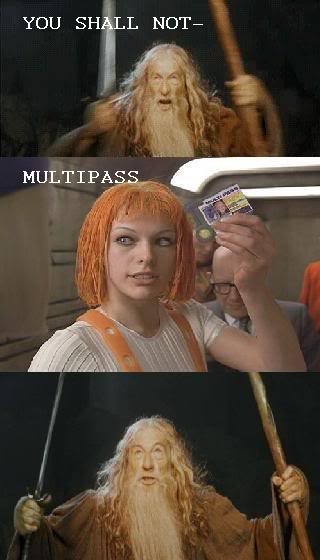Baby thinking

Gopnik's own view is a clever and counterintuitive twist on James. She argues that babies are more conscious than adults. Her conclusion is based on the study of how attention and inhibition—the capacity to block out distractions—evolve over the course of development. Adult attention is willful and endogenous. Although it can be captured by external events—we will turn if we hear a loud noise—we also have control over what to think about and what to attend to. By sheer will, we can choose to focus on our left foot, then think about what we had for breakfast, then focus on ... whatever we want. Adults are also blessed, to varying degrees, with the power to ignore distractions, both external and internal, and to stay focused on a single task.
This is all harder for babies and young children. They are largely at the mercy of the environment. Simple experiments demonstrate that babies are, for the most part, trapped in the here and now, a conclusion supported by the finding that the part of the brain responsible for inhibition and control, the prefrontal cortex, is among the last to develop. Gopnik uses the example of an adult being dumped into the middle of a foreign city, knowing nothing about what's going on, with no goals and plans, constantly turning to see new things, and struggling to make sense of it all. This is what it's like to be a baby—only more so, since even the most stressed adult has countless ways of controlling attention: We can look forward to lunch, imagine how we would describe this trip to friends, and so on. The baby just is. It sounds exhausting, which might explain why infants spend so much of their time sleeping or (like some travelers) fussing.
For Gopnik, this lack of inhibition and control is a gift. It makes babies and children ideally suited for the task of acquiring information about physical and social reality. When it comes to imagination and learning, their openness to experience makes them "superadults"—not just smart but smarter than we are. She's particularly interested in the power to think about alternate realities, other possible worlds. In several fascinating chapters, she explores how this power is manifested in children's play and in their creation of imaginary companions, plausibly arguing that the capacity to reason about worlds that do not exist is crucial to children's rapid learning about everything from cause-and-effect relationships to human behavior. Gopnik suggests that their neural immaturity gives them greater imaginative powers than adults have: She proclaims, "Children are the R&D department of the human species—the blue-sky guys, the brainstormers. Adults are production and marketing. They [children] think up a million new ideas, mostly useless, and we take the three or four good one and make them real."
The Philosophical Baby

No comments:
Post a Comment